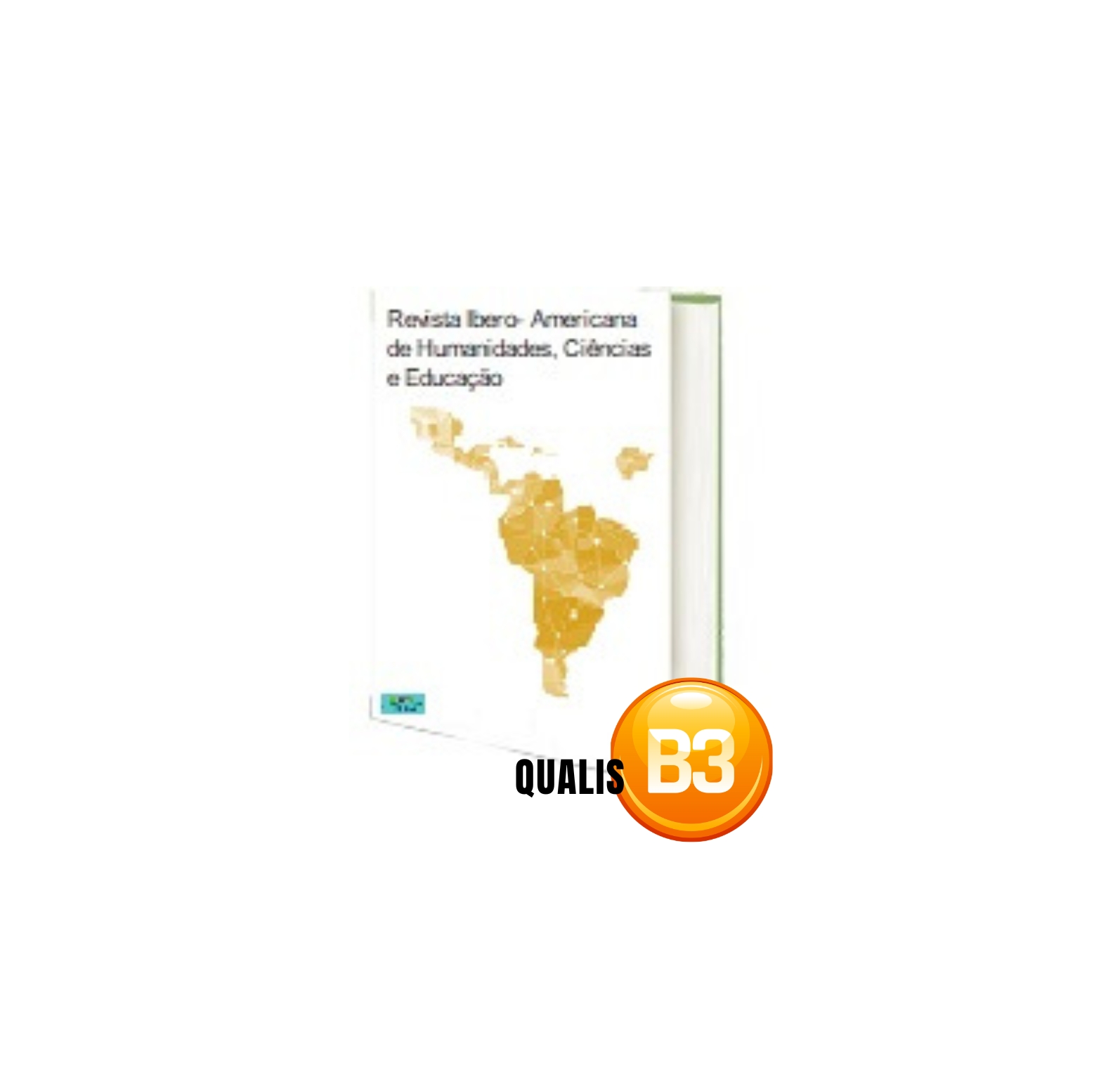TOCANTINE'S CONTRIBUTION TO FAMILY FARMING
DOI:
https://doi.org/10.51891/rease.v9i2.8600Keywords:
Agricultural. Foods. Economy. Tocantins municipalities. Production.Abstract
Brazilian family agriculture is responsible for most of the world food production. The state of Tocantins, the last to be created in the territory, has its socioeconomic development based almost exclusively on small and medium-sized agriculture, and allows leveraging the economy and improving the quality of life. This study aimed to analyze the situation with which agriculture has been developed by family groups and their representativeness with emphasis on the challenges and perspectives. To do so, it aimed at a quantitative approach to the population dependent on family farming in Tocantins, to diagnose the challenges and perspectives faced by these family farmers, as well as to discuss the importance of the Tocantins scenario for this branch of agribusiness. The study was carried out by means of physical and digital bibliographic research, with documentary analysis of information and data from the bibliographic collection of course conclusion works from the Federal Institute of Tocantins - IFTO. The keywords used in the search were: agriculture, family, Tocantins. Based on the results obtained, it was identified that 80% of the farms are family farms, and Tocantins has 63.8 thousand agricultural establishments, with an average area of 15.2 hectares. The most commercialized products are vegetables, and beef, corresponding to 42% of the farms. In relation to the extractive production, it is the most relevant activity with 41%. It is considered that family farming is of great importance for the state of Tocantins and represents the survival of many families.
Downloads
Downloads
Published
How to Cite
Issue
Section
Categories
License
Atribuição CC BY

